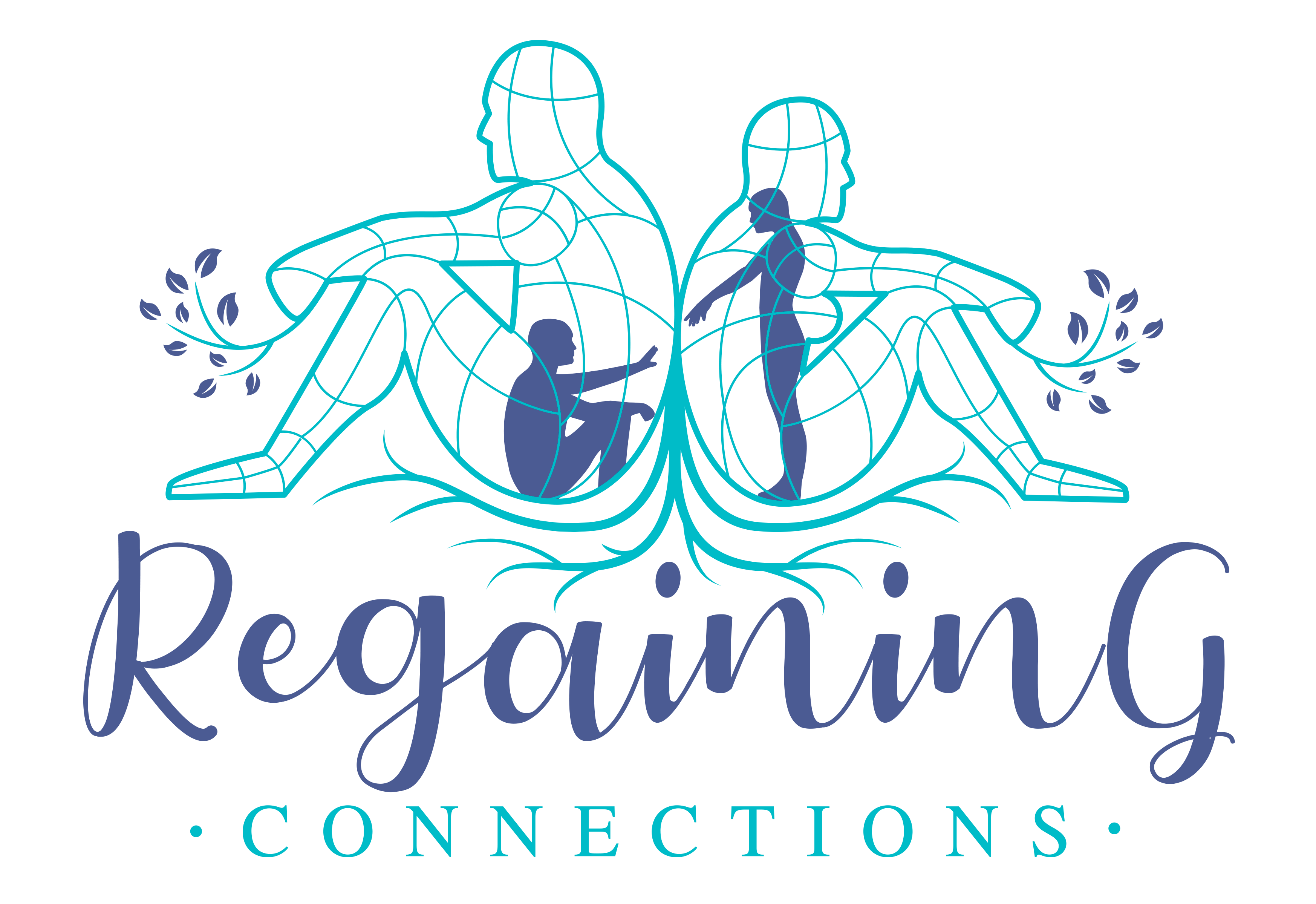FAQs
How much do you charge per session?
We offer two tiers of private pay rates for therapy, depending on the therapist you see. Sessions are either $150 or $225 per session.
Do you take insurance?
Yes! We are in-network with Cigna, Florida Blue Cross and Blue Shield, and United Healthcare. Depending on your plan, you may pay as little as a $25 co-pay per session, with your insurance covering the rest.
What to expect for your first session?
It is normal to feel some anxiety when you’re about to begin therapy. We want to assure you, we do everything possible to make you feel comfortable in the therapy room.
Therapists are required to gather some information before starting the therapy process. Before we meet, you will receive our intake packet through your secure client portal, so your therapist can immediately explore your therapeutic needs.
The first session is considered an intake session and is 2 hours long. We want to know more about you and your relationship. We will gather information and explore some history to get to know you better.
We offer tools, guidance, resources, and suggestions to help you sort out life challenges and relationship issues. Take the tools you need and leave the ones out you don’t need. That’s your decision, We respect your ability to make choices. If nothing fits, that doesn’t mean there is something wrong with you. That means we find another way to help.
How often do we meet for therapy?
Consistency and commitment bring the best results.
In the beginning, clients typically come in weekly for the first few months. It’s best to set a scheduled time to meet with your therapist each week, but life happens and it isn’t always realistic to meet at the scheduled time. If you can’t schedule a set time, no problem. We can choose a time to meet after each session.
Occasionally, people attend therapy more often and may come once or twice a week for an hour. Others prefer less frequent visits, but longer sessions.
How long are therapy sessions?
Therapy can range from 60 – 120 minutes. Research reports couples benefit the most from 90-minute sessions. Some clients or couples do weekly 60-minute sessions. Others feel 60 minutes isn’t enough time and prefer 90 or 120 minutes. This is nothing you must decide from the start. Together, we can assess and figure out the best course of action for you.
Actionable skills to apply between sessions?
At the end of our sessions, we may provide you with an “out of session experiment” or “focus.” We take advantage of the time outside of sessions and want to help invite change in your life or relationship through behavioral, emotional, and communicational alterations.
Through therapy and experiments, you will learn how to let get of ineffective ways of interacting and how to establish workable solutions.
By discovering and practicing strategies for the effective handling of problems in your life or relationship, you will have skills to take home and maintain in the future.
How long does therapy take to complete?
It depends. Some couples or individuals seek therapy for a few months to get support during a difficult time in their lives or need help getting unstuck from negative patterns. Once they feel a sense of relief, clients may choose to end therapy or phase out by attending bi-weekly sessions then monthly sessions to maintain gains. Occasionally we may see clients months later for a “check-up” to ensure progress has not been lost.
Some may want to take an in-depth look at themselves or their relationships and will require longer term therapy. They may have experiences in their past that are interfering with their ability to feel happy and fulfilled. If there is a trauma history in the relationship or individual, therapy can take longer than a few months. Other clients may attend intermittent therapy for a few years.
There are a lot of different therapy arrangements and we offer flexibility so you can choose what works best for you or your relationship. We trust clients can make their own decisions about the time commitments they invest in therapy, and of course we are always here to give our professional recommendations too.

